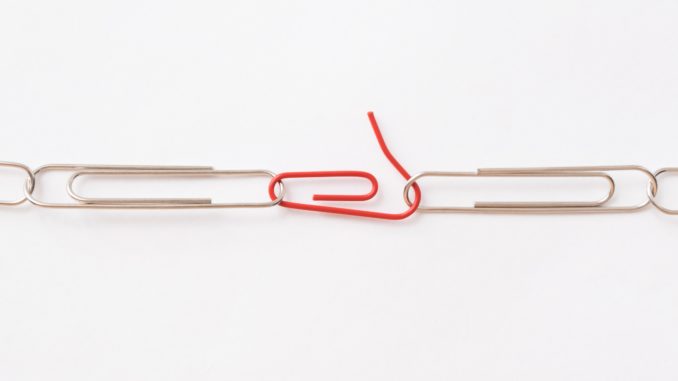
The NEU has discovered that the government and Ofsted must do more to help lessen teacher workload, as teachers continue to fill their time with unnecessary tasks
The National Education Union (NEU) has long been concerned that unnecessary practices surrounding marking, planning, and data collection in schools is having a significant impact on teacher workload – its latest survey of 11,341 primary and secondary teachers working in 6,908 schools shows that it is right to be concerned.
Unnecessary accountability tasks and measures – previously enforced by government and Ofsted – have been proven to be one of the biggest contributing factors to teachers’ excessive workload, as well as being a major reason for many teachers leaving the profession. While the government has recognised this, with its 2016 recommendations on reducing teacher workload, the message to schools has not been clear or strong enough.
The NEU’s finding show:
- Just a quarter of primary teachers (25%) and less than one fifth of secondary teachers (18%) have seen a review in policy and practice in their school on planning since the publication of the 2016 recommendations. There has been a greater impact in terms of changes to marking, but still less than half (45% in primary, 44% in secondary).
- 78% of secondary teachers and 69% of primary teachers still think that the volume of marking they undertake is unmanageable.
- 60% of primary teachers and 54% of secondary teachers say the volume and type of planning required is unmanageable.
Triple marking – a practice in which teachers mark students’ work, students respond to feedback and then teachers mark it again – is still being undertaken in 63% of primary schools and 59% of secondary schools.
Photographing pupils’ practical work, more usually seen in primary schools, is still being undertaken by 82% of primary teachers. This is highly impractical when teaching 30 pupils or more; not only is it immensely time-consuming, but it also takes time away from actual teaching. Having to record conversations with pupils and what the conversations were about – known as ‘oral evidence’ – continues to occupy the time of 61% of primary teachers.
63% of secondary teachers and 66% of primary teachers believe data collection is unmanageable, with the vast majority (74% in primary and 82% in secondary) saying that the collection of data is not streamlined to eliminate duplication.
Kevin Courtney, joint general secretary of the NEU, said:
“This September marks the third school year since the final recommendations of the working groups were first distributed. We have seen three education secretaries in that time, all of whom have spoken out against excessive workload.
“But it is clear from our survey that their actions are not enough, and that the government must step up and make far greater efforts to tackle workload by giving head teachers the confidence to drop the accountability work that is now deemed clearly and irrefutably unnecessary and of no educational value. It is distorting the curriculum.
“Successive governments created an accountability machine – through Ofsted, performance targets and league tables – which is now out of the DfE’s control and extremely hard to stop. So long as the main drivers of a performance-based system are still in place, schools will continue to hyper-regulate themselves, out of a fear of the consequences of failure.
“In the short-term, government and Ofsted have to be more forceful in their messaging; but there is also an urgent need to remove the drivers themselves from the system. The clearest signal which government could send to schools that they are committed to a new approach, would be to announce that Ofsted will be replaced by an organisation dedicated to the support of school improvement.”
Don’t forget to follow us on Twitter, like us on Facebook, or connect with us on LinkedIn!

Be the first to comment